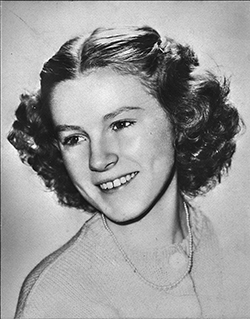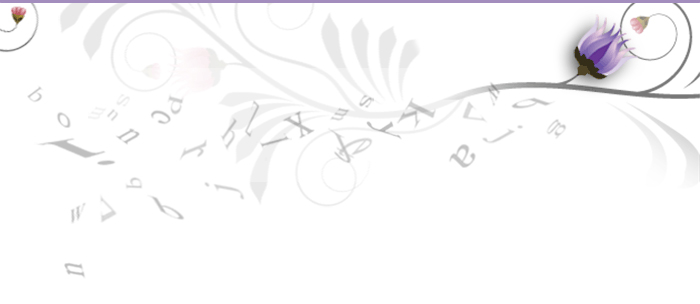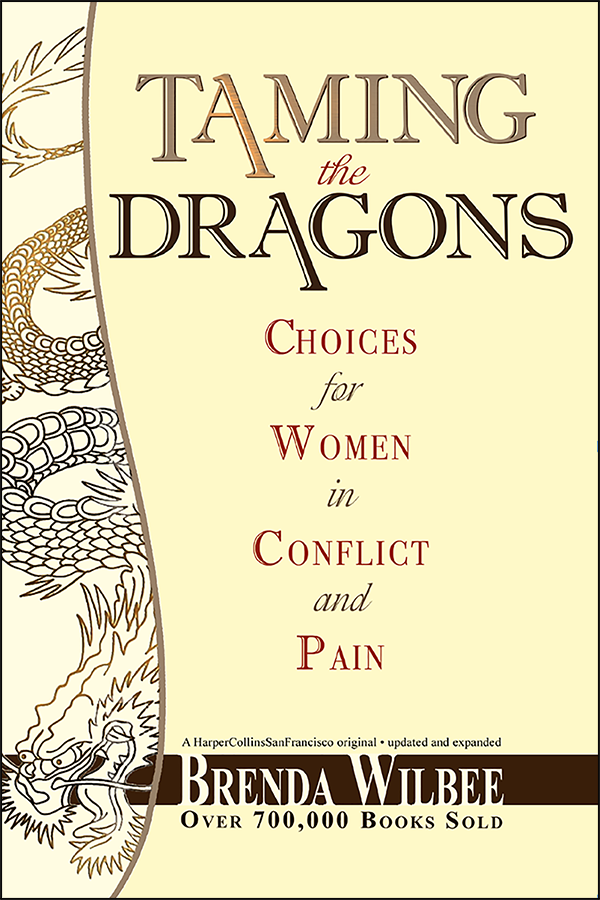Orchid and Dandelion
by Brenda Wilbee, in Memoir
, Inspirational
, Christianity
, Reflection
, History - Family
, Family

THAT I WAS AFRAID OF MY MOTHER is no secret, but I understood her struggles. Her life had been fraught with abandonment issues, unresolved and deeply buried. I seem to have been a lightning rod for her frustration. So how do I handle this in a memoir? When I don't wish to hurt her?
Mum was a 1950's housewife burdened by the post-war expectations of "Leave it to Beaver" and "Father Know Best" lifestyles while coping with three girls under the age of four. She never knew her own mother, and her only child-rearing guidance was Granny Isabella's strict Scottish Presbyterianism—and Dr. Spock. She did her best, given what she had. I would not have fared so well. But where does this leave me?
One, I have the right to tell my story.
Two, no one is all good or bad, and if I put my mother on a spectrum she definitely weighs in on the high end.
Three, and most importantly, Mum and I were of opposite nature. She a Dandelion, me an Orchid. This dictated friction.
Very quickly, since science is a bore for some, Orchids (about 20% of the population) over respond to stress on molecular and celular levels. We have knee jerk reactions to stress and consequently spew a steady stream of stress hormones (very unhealthy). Our DNA turns us into Chicken Little—the sky is falling in! The sky is falling in! We panic, we have anxiety, we're never too sure, we're wary. We gauge our surroundings, and constantly check to see if we're safe. A Dandelion's DNA is more like Little Red Hen, "I will do this myself!" Pushing up through sidewalk cracks with determination and confidence.
With Mum quintessetial Dandelion and me quintessential Orchid, we tangled. Back then we didn't have the words or language to better understand each other; nor understand that we perceived and interacted within our own worlds from biological forces unknown to us both—and as involuntary as breathing. The cautious Orchid irritates the "I got this" Dandelion. Mum found me trying.
So when we're writing about someone we love—but with whom we have a difficult relationship—it helps to dig deeper into personality and childhood trauma. It wasn't until recently Dr. W. Thomas Boyce coined these helpful terms—in The Orchid and Dandelion: Why Some Children Struggle and How All Can Thrive. Too late for a do-over with Mum but an eye opener for me. The information is gold. It gives me empathy and an appreciation for how difficult I must have been and why I felt so often felt afraid.
So, if we're to write an honest memoir but don't want to hurt someone, we name the truth—after peeling onion layers down to the kernel. The closer we get, the stronger the empathy. Empathy invites grace, and both translate onto the page.
Oh, and the no-brainer! Write plenty of narrative devoted to all that was good.
One, I have the right to tell my story.
Two, no one is all good or bad, and if I put my mother on a spectrum she definitely weighs in on the high end.
Three, and most importantly, Mum and I were of opposite nature. She a Dandelion, me an Orchid. This dictated friction.
Very quickly, since science is a bore for some, Orchids (about 20% of the population) over respond to stress on molecular and celular levels. We have knee jerk reactions to stress and consequently spew a steady stream of stress hormones (very unhealthy). Our DNA turns us into Chicken Little—the sky is falling in! The sky is falling in! We panic, we have anxiety, we're never too sure, we're wary. We gauge our surroundings, and constantly check to see if we're safe. A Dandelion's DNA is more like Little Red Hen, "I will do this myself!" Pushing up through sidewalk cracks with determination and confidence.
With Mum quintessetial Dandelion and me quintessential Orchid, we tangled. Back then we didn't have the words or language to better understand each other; nor understand that we perceived and interacted within our own worlds from biological forces unknown to us both—and as involuntary as breathing. The cautious Orchid irritates the "I got this" Dandelion. Mum found me trying.
So when we're writing about someone we love—but with whom we have a difficult relationship—it helps to dig deeper into personality and childhood trauma. It wasn't until recently Dr. W. Thomas Boyce coined these helpful terms—in The Orchid and Dandelion: Why Some Children Struggle and How All Can Thrive. Too late for a do-over with Mum but an eye opener for me. The information is gold. It gives me empathy and an appreciation for how difficult I must have been and why I felt so often felt afraid.
So, if we're to write an honest memoir but don't want to hurt someone, we name the truth—after peeling onion layers down to the kernel. The closer we get, the stronger the empathy. Empathy invites grace, and both translate onto the page.
Oh, and the no-brainer! Write plenty of narrative devoted to all that was good.



